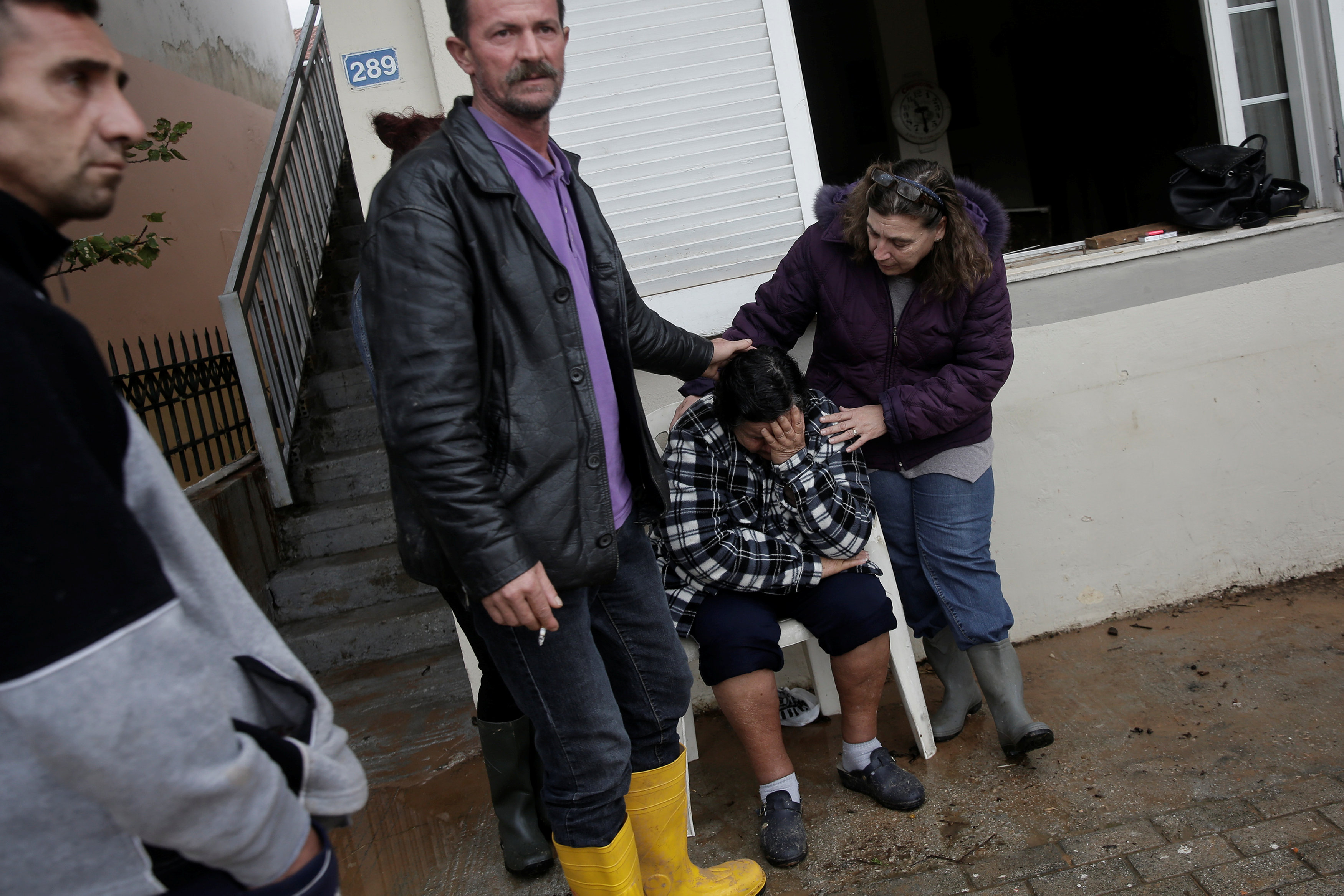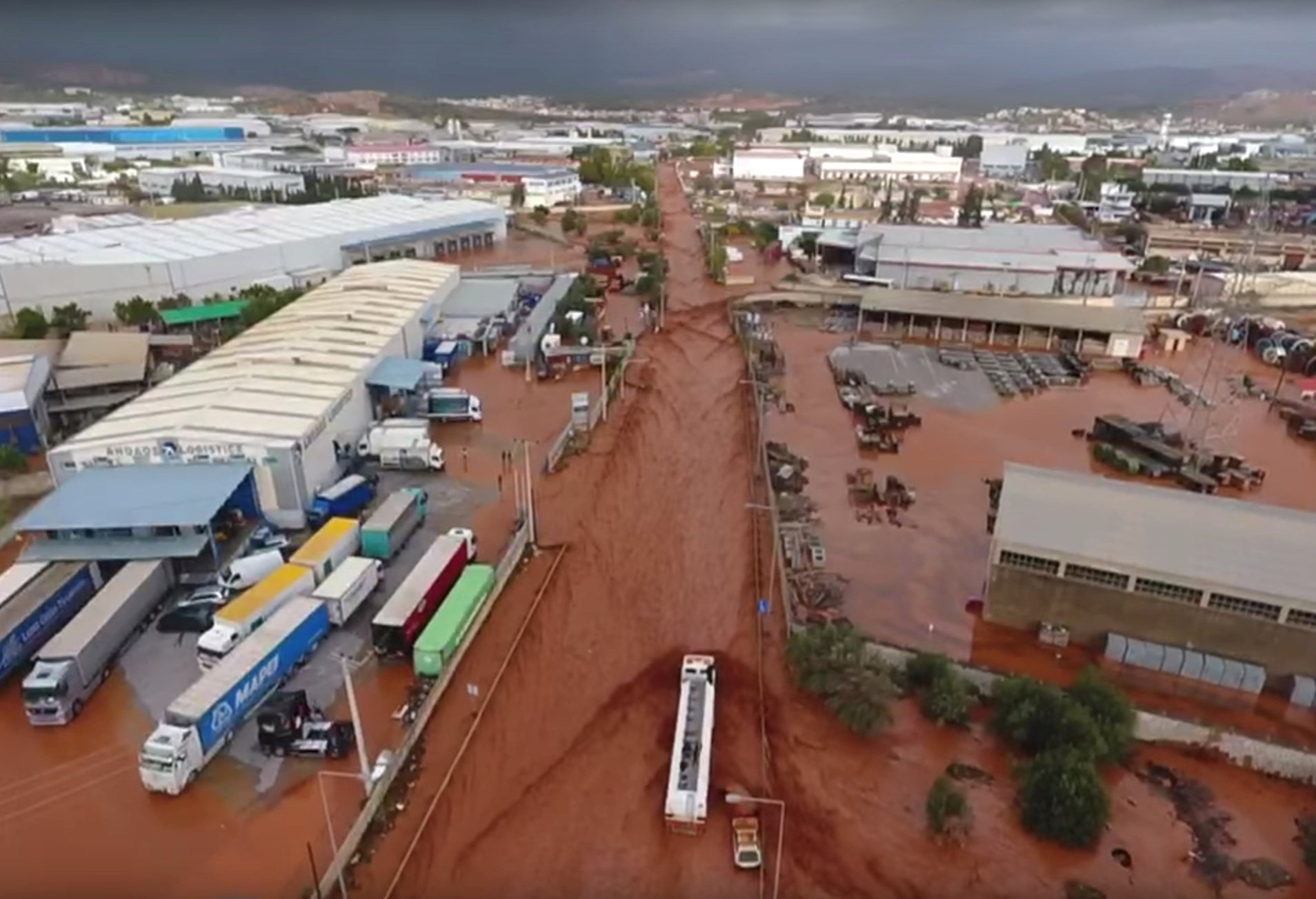
By MacDonald Dzirutwe
HARARE (Reuters) – Zimbabwe’s military seized power on Wednesday saying it was holding President Robert Mugabe and his family safe while targeting “criminals” in the entourage of the man who has ruled the nation since independence 37 years ago.
Soldiers seized the state broadcaster and a general appeared on television to announce the takeover. Armored vehicles blocked roads to the main government offices, parliament and the courts in central Harare, while taxis ferried commuters to work nearby. The atmosphere in the capital remained calm.
In his first contact with the outside world since the takeover, Mugabe spoke by telephone to the president of South Africa, Jacob Zuma, and told him he was confined to his home but fine, the South African presidency said in a statement.
It was not clear whether the apparent military coup would bring a formal end to the 93-year-old Mugabe’s rule; the main goal of the generals appeared to be preventing Mugabe’s wife Grace, 41 years his junior, from succeeding him.
But whether or not he goes, it may mark the end of the country’s dominance by Mugabe, the last of Africa’s state founders still in power from the era of the struggle against colonialism, and one of the continent’s most polarizing figures.
Mugabe, still seen by many Africans as a liberation hero, is reviled in the West as a despot whose disastrous handling of the economy and willingness to resort to violence to maintain power destroyed one of Africa’s most promising states.
He plunged Zimbabwe into a fresh political crisis last week by firing his vice president and presumed successor. The generals believed that move was aimed at clearing a path for Grace Mugabe to take over and announced on Monday they were prepared to “step in” if purges of their allies did not end.
“We are only targeting criminals around him (Mugabe) who are committing crimes that are causing social and economic suffering in the country in order to bring them to justice,” Major General SB Moyo, Chief of Staff Logistics, said on television.
“As soon as we have accomplished our mission, we expect that the situation will return to normalcy.”
In a sign Grace Mugabe’s allies were coming under pressure, the head of the ruling party’s youth wing, Kudzanai Chipanga, appeared on state TV on Wednesday evening to apologize for comments he had made criticizing the army a day earlier. He said he was speaking voluntarily.
United Nations Secretary-General Antonio Guterres, the African Union and Western countries called for calm.
South Africa’s defense and state security ministers flew into Harare to try to arrange talks between Mugabe and the generals, South African media reported without going into further details.
“We cannot tell how developments in Zimbabwe will play out in the days ahead and we do not know whether this marks the downfall of Mugabe or not,” British Foreign Secretary Boris Johnson told parliament. “We will do all we can, with our international partners, to ensure this provides a genuine opportunity for all Zimbabweans to decide their future.”
Finance Minister Ignatius Chombo, a leading member of the ruling party’s ‘G40’ faction, led by Grace Mugabe, had been detained by the military, a government source said.
CAREENING OFF A CLIFF
By Wednesday afternoon it was business as usual in Harare’s suburbs while there was less traffic than normal in the city center. Residents spoke in awe of events that had previously seemed unthinkable.
“I don’t support the army but I am happy to see Mugabe gone, maybe this country can start to develop again,” said Rumbi Katepfu, preparing to shut her mobile phone shop early in downtown Harare. “I did not think this would ever happen… We used to think Mugabe and Grace were invincible.”
As evening fell there were fewer people on the streets than usual. In one park, a lone couple shared a chocolate bar, seemingly unconcerned by the presence of troops. “What’s there to fear? This is a free country,” said Nathan Mpariwa, stroking the hand of his partner.
Tanks blocked roads after dark and soldiers with automatic weapons kept up their patrols, but made no effort to stop people streaming home from work.
Whatever the final outcome, the events could signal a once-in-a-generation change for the southern African nation, once a regional bread-basket, reduced to destitution by an economic crisis Mugabe’s opponents have long blamed on him.
Even many of Mugabe’s most loyal supporters had come to oppose the rise of his wife, who courted the powerful youth wing of the ruling party but alienated the military, led by Mugabe’s former guerrilla comrades from the 1970s independence struggle.
“This is a correction of a state that was careening off the cliff,” Chris Mutsvangwa, the leader of the liberation war veterans, told Reuters. “It’s the end of a very painful and sad chapter in the history of a young nation, in which a dictator, as he became old, surrendered his court to a gang of thieves around his wife.”
The opposition Movement for Democratic Change called for a peaceful return to constitutional democracy, adding it hoped the military intervention would lead to the “establishment of a stable, democratic and progressive nation state”.
Zuma – speaking on behalf of the Southern African Development Community (SADC) – expressed hope there would be no unconstitutional changes, and urged Zimbabwe’s government and the military “to resolve the political impasse amicably”.
ECONOMIC IMPLOSION
While most African states gained independence by the end of the 1960s, Zimbabwe remained one of the last European colonies on the continent, ruled by white settlers as Rhodesia until 1980. Mugabe took power after a long guerrilla struggle, and two decades later ordered the forcible seizure of white-owned farms.
The collapse in output that followed was one of the worst economic depressions of modern times. By 2007-2008 inflation topped out at 500 billion percent. Mugabe blamed Britain and the United States for sabotaging the country to bring it to heel. His followers used violence to suppress a growing domestic opposition he branded lackeys of former colonial powers.
The economy briefly stabilized from 2010-2014 when Mugabe was forced to accept a power-sharing government with the opposition, but since then the recovery has unraveled. In the last year, a chronic shortage of dollars has led to long queues outside banks. Imported goods are running out and economists say that by some measures inflation is now at 50 percent a month.
The economic implosion has destabilized the region, sending millions of poor laborers to neighboring South Africa.
“It’s an amazing thing that is happening. It was about time but it might be 20 years too late,” said Billy, 30, a Zimbabwean working as a marketing officer in South Africa. Asked if he would return to Zimbabwe if the economy was revived, he said: “Definitely, there is no place like home.”
The political crisis came to a head last week when Mugabe sacked his presumed heir, Vice President Emerson Mnangagwa, a long-serving former leader of the security forces nicknamed “the Crocodile” for his role as Mugabe’s enforcer over the decades.
The head of the military held a news conference with top brass on Monday threatening to “step in” if the purge of veterans continued. Soldiers deployed across Harare on Tuesday and seized the state broadcaster after Mugabe’s ruling party accused the military chief of treason.
According to a trove of intelligence documents reviewed by Reuters this year, Mnangagwa has been planning to revitalize the economy by bringing back white farmers kicked off their land and patching up relations with the World Bank and IMF.
(Additional reporting by Ed Cropley, James Macharia, Joe Brock and Alexander Winning in Johannesburg and Michelle Nichols at the United NAtions; Writing by James Macharia, Ed Cropley and Peter Graff; Graphic by Jermey Gaunt; Editing by Janet Lawrence and Andrew Heavens)











